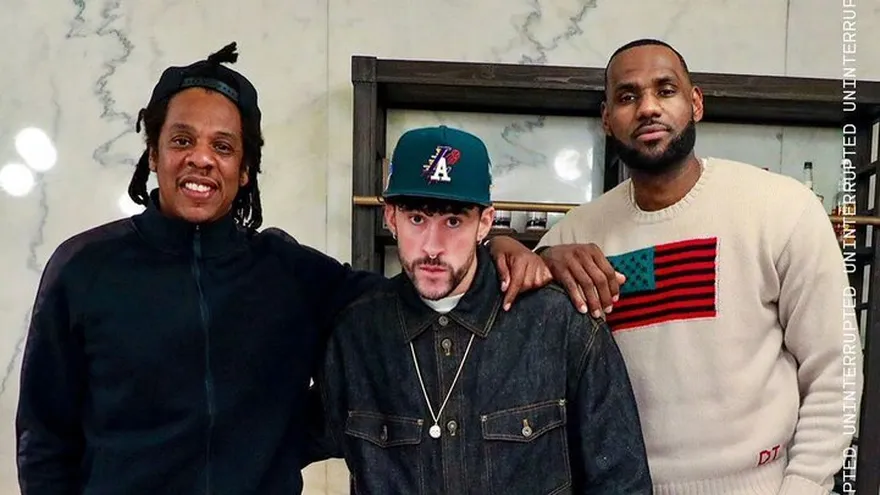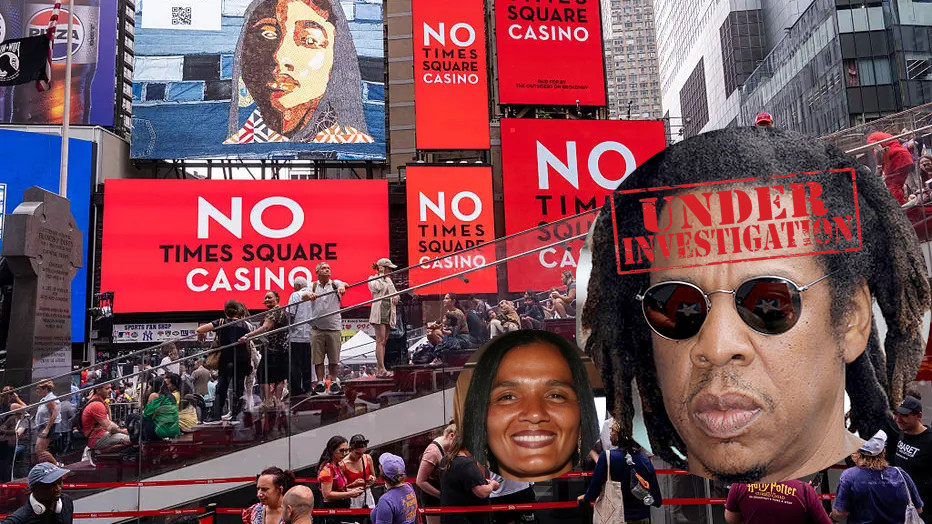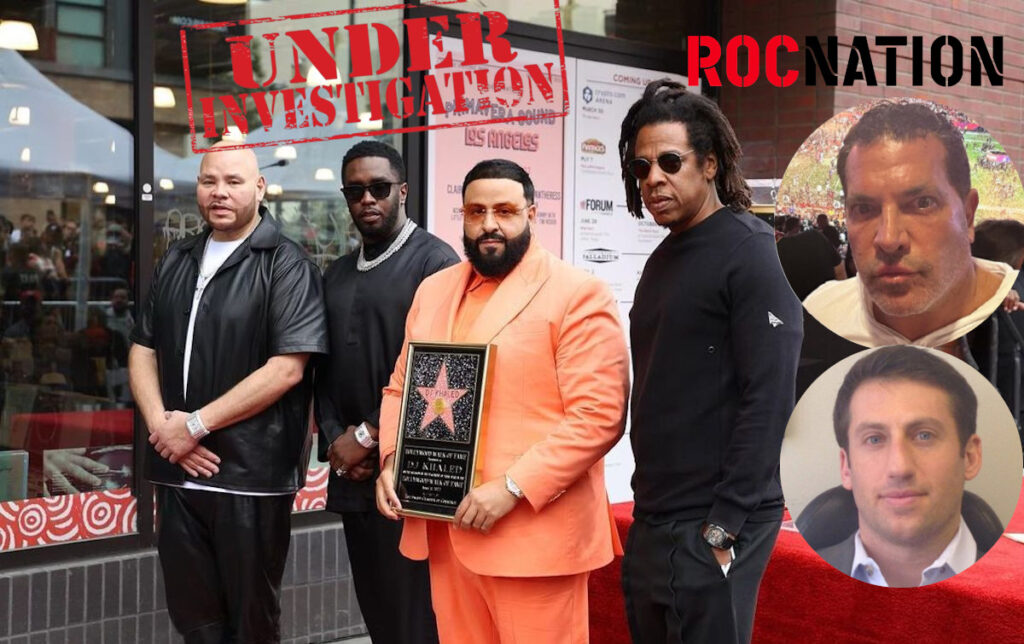In an age of rapid modernization, indigenous communities across the globe grapple with challenges that threaten their cultural integrity and traditional ways of life. As governments and corporations encroach upon ancestral lands for resource extraction and development, the struggle for cultural preservation has never been more urgent. This article examines the profound impact of globalization on indigenous identities, highlighting the ways in which these communities strive to safeguard their heritage and wisdom.
One significant aspect of this struggle is the fight against land dispossession. Indigenous groups often find themselves facing legal and political obstacles when trying to protect their territories. From the Amazon rainforest to the Arctic tundra, the encroachment of industries undermines traditional practices and the interconnectedness of these communities with their environment.
Yet, within this turmoil, there are inspiring stories of resilience. Many indigenous peoples are actively promoting cultural renewal through language revitalization programs, traditional ecological knowledge, and intergenerational storytelling, ensuring that their teachings endure. Initiatives spearheaded by these communities foster cooperation and solidarity among various groups, effectively amplifying their voices against oppressive structures.
Furthermore, the rise of social media has become a valuable tool for indigenous youth, enabling them to connect, share their experiences, and mobilize for their rights. By harnessing the power of technology, they are reclaiming narratives that have been historically marginalized and reshaping public discourse around their struggles.
As we celebrate the perseverance of these cultures, it is crucial to recognize the systemic issues that continue to challenge them. Support for indigenous rights, cultural preservation, and environmental stewardship must remain at the forefront of global conversations to create a more equitable and just world for all.
One significant aspect of this struggle is the fight against land dispossession. Indigenous groups often find themselves facing legal and political obstacles when trying to protect their territories. From the Amazon rainforest to the Arctic tundra, the encroachment of industries undermines traditional practices and the interconnectedness of these communities with their environment.
Yet, within this turmoil, there are inspiring stories of resilience. Many indigenous peoples are actively promoting cultural renewal through language revitalization programs, traditional ecological knowledge, and intergenerational storytelling, ensuring that their teachings endure. Initiatives spearheaded by these communities foster cooperation and solidarity among various groups, effectively amplifying their voices against oppressive structures.
Furthermore, the rise of social media has become a valuable tool for indigenous youth, enabling them to connect, share their experiences, and mobilize for their rights. By harnessing the power of technology, they are reclaiming narratives that have been historically marginalized and reshaping public discourse around their struggles.
As we celebrate the perseverance of these cultures, it is crucial to recognize the systemic issues that continue to challenge them. Support for indigenous rights, cultural preservation, and environmental stewardship must remain at the forefront of global conversations to create a more equitable and just world for all.





















